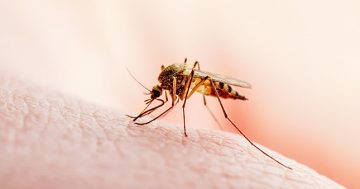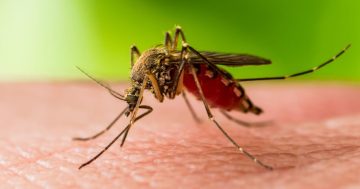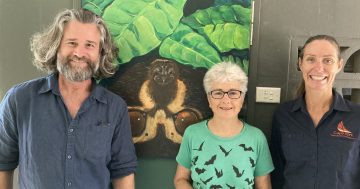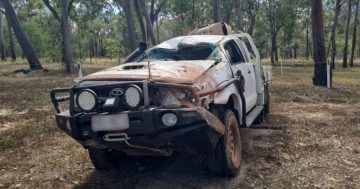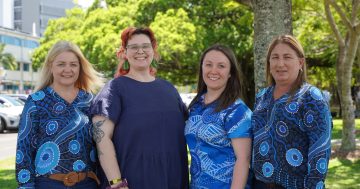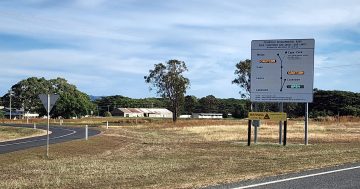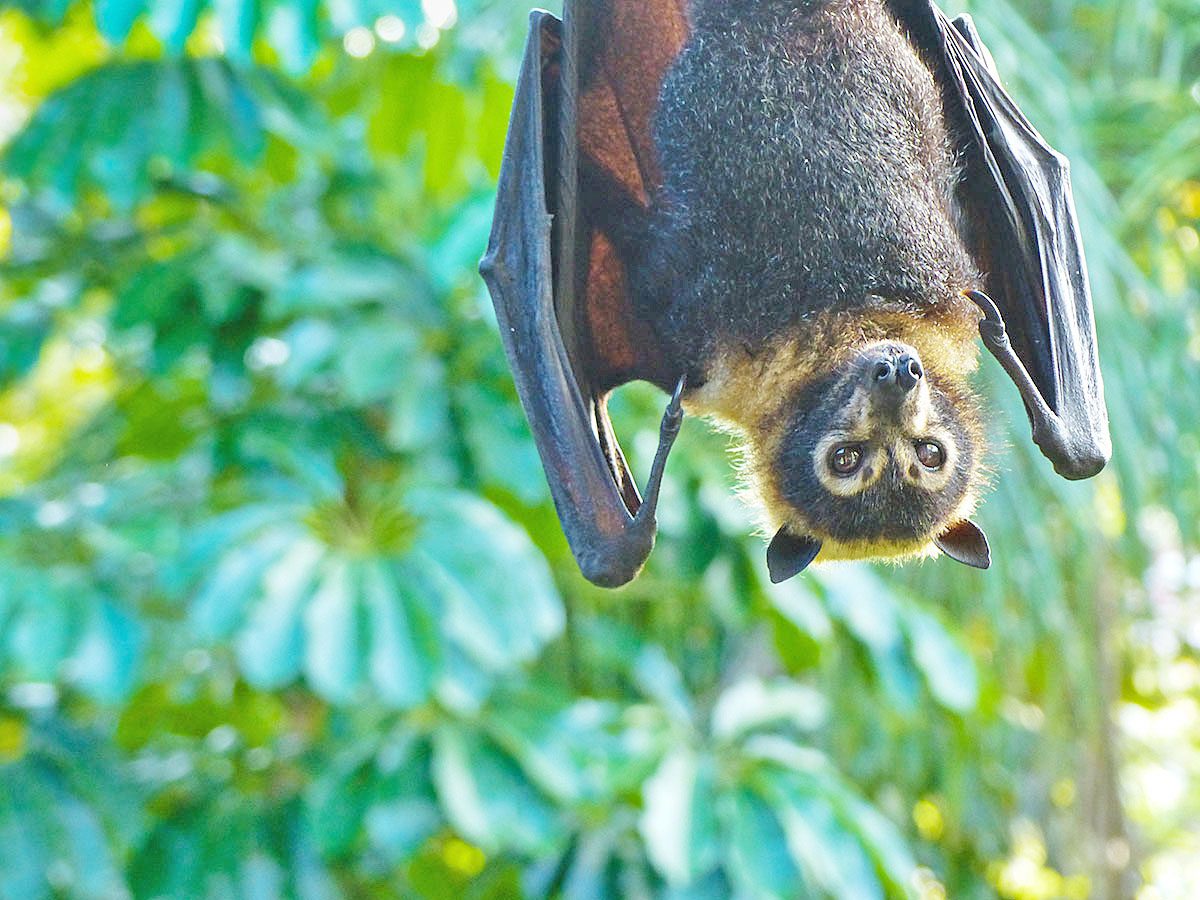
Health officials are warning Cape York residents to avoid touching bats, dead or alive, as they carry diseases.
CAPE York residents have been warned not to touch bats, following three reported bat scratches in the region over the past month.
Torres and Cape Hospital and Health Service public health medical officer Dr Allison Hempenstall said none of the exposures had led to an individual contracting Australian Bat Lyssavirus (ABLV).
“However, those exposures are a wake-up call about the risks of handling bats,’’ she said.
“Any species of bat could be carrying ABLV, which is harmful to humans and, as there is no known effective treatment for the disease once symptoms have started, it’s almost always fatal.
‘‘ABLV is like rabies and has led to three human deaths in Queensland in the past 25 years.
‘‘So, the message is simple, don’t touch bats.
‘‘Don’t touch any type of bat, adult, or pup, sick or well, dead, or alive. You wouldn’t pick up a snake, so please don’t touch a bat. How a bat looks or behaves is not an accurate guide as to whether it may be carrying a virus.
‘‘It is also incredibly important to encourage young children to never handle any bat, particularly if they should come across a sick or injured one.’’
Dr Hempenstall said only people who had been trained in the care of bats, and had been vaccinated against rabies, should handle bats or flying foxes.
‘‘Bats can scratch or bite straight through a towel or even leather gloves,’’ she said
‘‘If you are bitten or scratched by a bat, wash the wound thoroughly with soap and water for at least five minutes.
‘‘If available, apply an antiseptic such as iodine or alcohol after washing and seek immediate medical advice as potential lyssavirus exposure requires a series of injections to prevent ABLV, just as if you had been bitten by a rabid dog or monkey overseas.
‘‘If bat saliva comes into contact with the eyes, nose or mouth, flush the area thoroughly with water, and seek immediate medical attention.”
Contact your local wildlife organisation if you find a sick or injured bat/flying fox.


